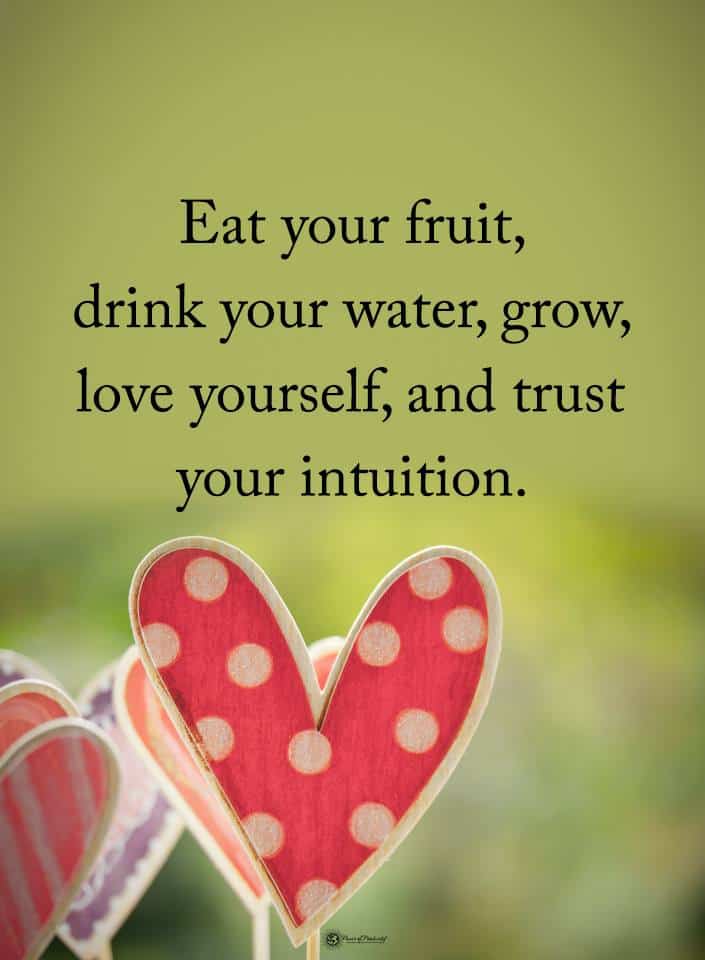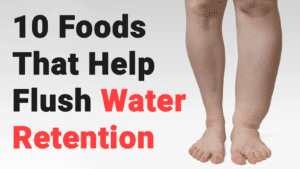“Water regulates your body temperature and lubricates your joints. It helps transport nutrients to give you energy and keep you healthy. If you’re not hydrated, your body can’t perform at its highest level. You may feel tired, have muscle cramps, dizziness, or other serious symptoms.” – American Academy of Family Physicians (source)
We’re Mostly Water…
As you may know, your body is made up of 60 percent water. To help put this number in perspective, let’s consider the average weight of men and women over the age of 20.
Per the Centers for Disease Control and Prevention (CDC), the average male over the age of 20 weighs about 195 pounds (88.5 kg), and the average woman over the age of 20 weighs approximately 168 pounds (76.2 kg). So, the average “water weight” of a man is 117 pounds (53 kg), and the average for a woman is 101 pounds (45.8 kg).
The real and purported functions of water are numerous. Among the most important:
- Regulation of core body temperature
- Protection of the joints, neurological system, and tissues
- Removal of toxins and waste
- Control of digestion
- Nourishment of cells and other bodies
Here’s something worth pondering: a person, depending on their fat accumulation, can survive between 30 to 40 days without food – but only a week to 10 days without water.
Exercise and Proper Hydration
Our body mainly loses water through perspiration (sweating), defecation (pooping), urination (peeing), and exhalation (breathing out.) Other ways we lose H2O include diet, medications, stress, and variations in temperature.
When we work out, our body temperature rises, and we sweat. (Sweat actually “wicks away” heat, allowing us to exert ourselves physically without overheating.) While exercise may, to a certain extent, affect the other systems that contribute to water loss, the dramatic increase in sweat production is probably the most significant factor.
On the above note, it is critical (literally) to consume water before, during, and after working out. If we do not get adequate hydration, for whatever reason, serious health problems may surface.
Here are 10 things that may happen to your body when you don’t drink enough water during a work out:

1. You lose focus
Your brain demands adequate hydration to function properly. Due to its intricate balance of chemicals and substances, dehydration of the brain inhibits the activity of neurotransmitters, which can impair short-term memory and hinder concentration and attention.
2. You swell up
While low water intake and swelling may sound contradictory, it isn’t. If the body detects any type of fluid imbalance, a condition called edema may result. Edema causes fluid to accumulate in the skin and tissues, producing a swollen appearance.
3. Your heart acts wonky
Water intake is necessary for the proper constriction and expansion of blood vessels. A shortage causes blood to thicken, thereby constricting blood vessels. Vessels then become narrower, which puts more pressure on the heart. This may lead to shortness of breath and high blood pressure.
4. You get aches and pains
Speaking of constriction and expansion, our muscles require the same. Water is the catalyst here as well. Cramping is often the body’s way of telling you to get some water.
5. Your workout is affected
Water is essential to produce energy. The body expends this energy very quickly during periods of physical exertion. This physical relationship helps to explain why consuming H2O during a workout is also essential.
6. Your fat loss slows
Per a study published in the Journal of Clinical Endocrinology and Metabolism, drinking just 17 ounces of water – a little over two cups – boosts metabolic rate by around 30 percent in healthy men and women. While the research provides no number pertaining to water, metabolism, and working out, it can be safely assumed that adequate H2O consumption before, during, and after working out will significantly accelerate fat loss.
7. You age yourself
If your attention wasn’t fixed before, it is now! While drinking water won’t make you ageless, there is overwhelming evidence that it will promote skin health – including skin elasticity and smoothness.
8. Toxins stick around
As you probably know, we sweat profusely during intense exercise. Heavy perspiration helps to eliminate these toxins. Furthermore, drinking water exacerbates perspiration, resulting in the elimination of more toxins than when our H2O levels are low.
9. You eat more
Of all the antidotes for a big appetite, drinking lots of water may be the best one. There are at least a couple of reasons for this. First, water makes us feel fuller – and for longer. We’re much less likely to crave a sweet treat after drinking a big glass of H2O. Second, it enables the transportation of nutrients, including fiber and protein.
Among all nutrients, fiber and protein may be the best for promoting fullness and decreasing the frequency of cravings. While you may not feel hunger pangs during your workout, you’ll probably feel them afterward.
10. You may risk your life
Water is the basis of life. Such is true whether or not we’re exercising. That said, we’ve all heard the unfortunate stories of people dying from dehydration during intense exercise. In no uncertain terms, it is absolutely necessary to consume it before, during, and after work out.
Water Tips and Advice
- Drink 17 ounces a couple of hours before working out.
- Always keep a bottle with you while working out.
- Drink the entire contents of your bottle before leaving the gym or place of exercise.
- Drink your water cool or cold instead of lukewarm, which helps keep the body’s core temperature down.

















